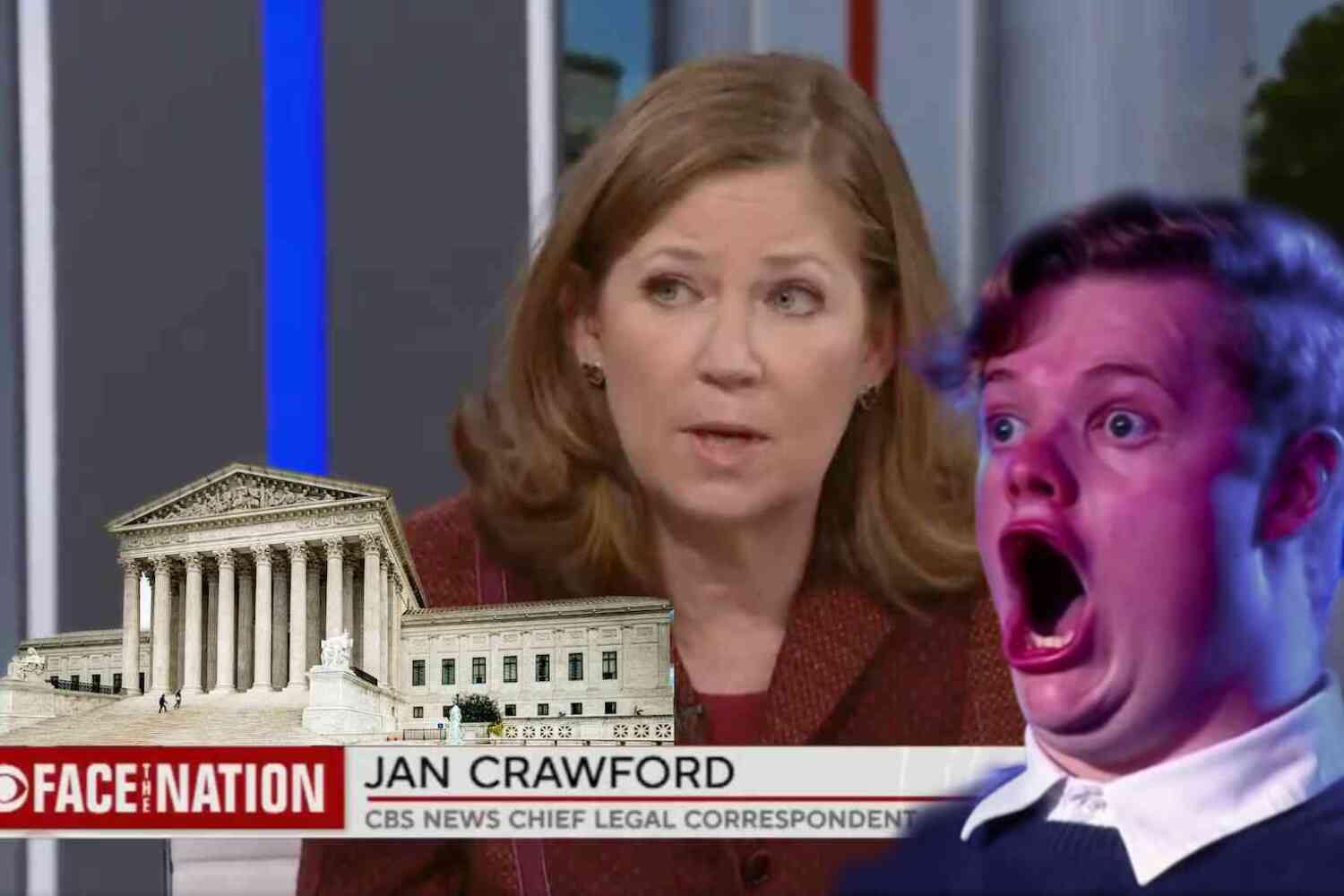You may not have know that U.S. Census data is on a 72-year delay. The public is given a big overview of the once-per-decade population survey, but it takes nearly three-quarters of a century for the hard data to be released.
At 12:01 a.m. today, the government released the data of the 1950 census—the first such census subject to the 72-year delay. The long-awaited population rundown was "a bonanza for historians, genealogists and the merely curious," according to The New York Times.
As the Times notes, the data offer a fascinating snapshot of life in the United States in 1950, particularly compared to life here today. "The United States had grown by nearly 15 percent in just one decade, and nearly one in 10 people lived in New York," the Times reports. "Nevada, with just 160,000 residents, was the least populous state."
But among the reams of information in the census files, this particular data point stands out:
The baby boom was in full swing: 3.6 million children were born that year, some 18,000 more than in 2020, when the nation's population was more than twice as large.
That's...not good.
The U.S. population has more than doubled since the year 1950, and yet we are having quite literally the exact same number of babies as we were that year—fewer babies, technically!
Few things can illustrate the demographic death trap in which we find ourselves now: We've doubled the population but halved the fertility rate. Indeed, CDC data indicate that in 1950 about 106 babies were born to every 1,000 women; in 2020 it was 55.
The fertility rate has perhaps understandably plunged from the earliest years of the country; there aren't too many women having seven kids these days. Yet at the midpoint of the 20th century we were still, at the very least, having enough babies to ensure a robust population that would ensure a prosperous and healthy society.
Now we can't even have enough babies to meet the bare-minimum replacement rate. This doesn't seem like the biggest problem now. In just a few short years, however, it will become apparent.
Without human capital, we'll soon be in deeper trouble than we could possibly imagine—to say nothing of the spiritual and civilizational losses that we'll accrue.
P.S. Now check out our latest video 👇









